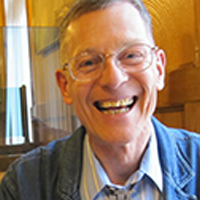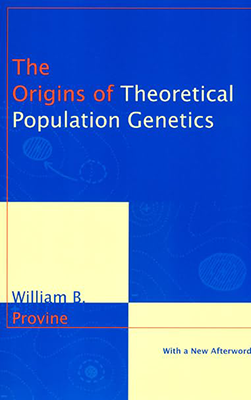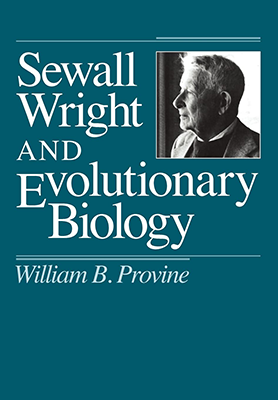
William Provine
William B. Provine (1942-2015) was an American historian of science and biology, known for his contributions to the study of the history of genetics, evolutionary biology, and the relationship between science and religion. Here are some key points from his biography:
Early Life and Education: William Provine was born on February 19, 1942, in Nashville, Tennessee. He earned his undergraduate degree from the University of Chicago and completed his PhD at the University of Wisconsin–Madison in 1967.
Academic Career: Provine held various academic positions throughout his career. He was a professor in the Department of History at Cornell University, where he taught from 1969 until his retirement in 2014. He was also a former director of Cornell’s History of Science and Technology program.
Research and Contributions: Provine’s scholarly work focused on the history of genetics and evolutionary biology, particularly the development of evolutionary theory and its implications for society. He was known for his interpretations of Charles Darwin’s ideas and their impact on modern biology.
Controversial Views: Provine was outspoken about his atheism and his views on the implications of evolutionary biology for religion and morality. He argued that evolution by natural selection undermined traditional religious beliefs and challenged the idea of human free will.
Legacy: Beyond his academic contributions, Provine’s provocative writings and lectures on the intersection of science, religion, and society had a significant influence on the discourse surrounding evolution and its cultural implications.
Later Years and Death: William Provine passed away on September 1, 2015, at the age of 73, leaving behind a legacy of scholarship that continues to be debated and discussed in both scientific and religious circles.
William B. Provine’s career and writings continue to be studied by historians, scientists, and theologians interested in the complex interplay between scientific discovery, philosophical thought, and societal norms.


